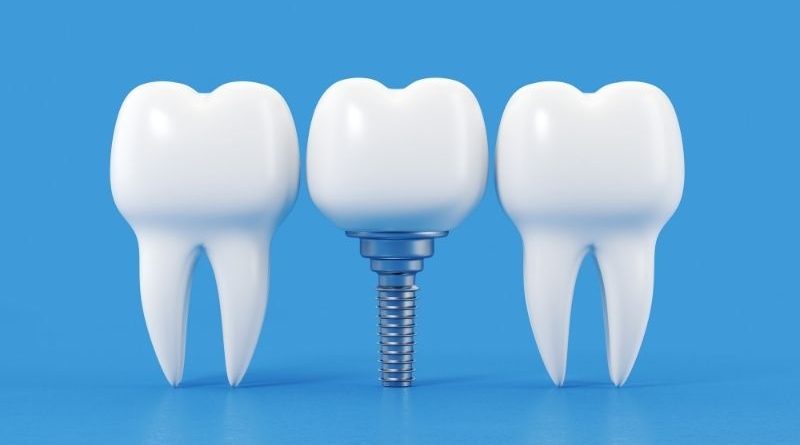Dental implants have revolutionized restorative dentistry, offering a durable and aesthetically pleasing solution for missing teeth. They provide a strong foundation for replacement teeth, enhancing both functionality and appearance. However, while dental implants boast numerous benefits such as improved oral health, increased comfort, and long-term results, it’s essential to consider potential drawbacks as well. Understanding the advantages and disadvantages of dental implants can help you make an informed decision about your oral health. Ready to explore whether dental implants are the right choice for you? Let’s dive into the key factors you need to know!
Health Benefits of Dental Implants
Dental implants offer significant health benefits that extend beyond mere aesthetics. One of the primary advantages is the prevention of bone loss in the jaw. When a tooth is missing, the jawbone can deteriorate over time due to lack of stimulation, leading to further tooth loss and facial structure changes. Dental implants act as artificial tooth roots, providing the necessary stimulation to maintain bone density and integrity.
Moreover, dental implants improve oral health by allowing for easier cleaning and maintenance compared to traditional dentures. They do not require special adhesives or cleaning solutions, making it simpler to maintain good oral hygiene. Patients with dental implants also experience enhanced chewing ability, which can lead to better digestion and overall health. This restoration not only improves functionality but also encourages a healthier diet, as individuals can enjoy a wider variety of foods without discomfort.
Aesthetic Advantages and Natural Appearance of Dental Implants
One of the most appealing aspects of dental implants is their natural appearance. Designed to mimic the look and feel of real teeth, they blend seamlessly with the surrounding dental structure. Implants are customized to match the color, size, and shape of your existing teeth, ensuring a harmonious smile. This aesthetic advantage boosts confidence and encourages individuals to engage more freely in social situations.
Additionally, dental implants do not shift or make noise like dentures can, which enhances the overall comfort and natural feel when speaking or eating. This stability contributes to a more positive self-image, allowing patients to smile confidently without fear of their dental prosthetics slipping out of place. By choosing dental implants, you can achieve a long-lasting, beautiful smile that looks and functions like your natural teeth.
Potential Risks and Side Effects of Dental Implants
While dental implants are generally considered safe and effective, there are potential risks and side effects that should be acknowledged. Some patients may experience complications such as infection at the implant site, nerve damage, or sinus problems if the implant is placed in the upper jaw. These risks can often be mitigated by choosing an experienced dental professional and following pre- and post-operative care instructions closely.
Additionally, dental implants may not be suitable for everyone. Factors such as inadequate bone density, chronic diseases like diabetes, or smoking can affect the success rate of the procedure. It’s crucial to undergo a thorough evaluation by your dentist to determine if dental implants are the right choice for you. Being informed about these potential risks will help you make a well-rounded decision regarding your dental health.
Long-Term Durability and Maintenance Needs of Dental Implants
One of the standout features of dental implants is their long-term durability. With proper care, they can last many years—often a lifetime—making them a worthwhile investment in your oral health. Unlike dentures, which may need to be replaced or adjusted frequently, dental implants are designed to be a permanent solution. They integrate with the jawbone, providing stability and preventing the shifting that can occur with other tooth replacement options.
However, maintaining dental implants requires diligent oral hygiene practices, similar to caring for natural teeth. Regular brushing, flossing, and routine dental check-ups are essential to ensure the health of the gums surrounding the implant. Additionally, while implants are resistant to cavities, the surrounding natural teeth and gums are still vulnerable, necessitating ongoing care. By committing to proper maintenance, you can enjoy the benefits of dental implant for years to come, preserving both function and aesthetics in your smile.












Leave a Reply